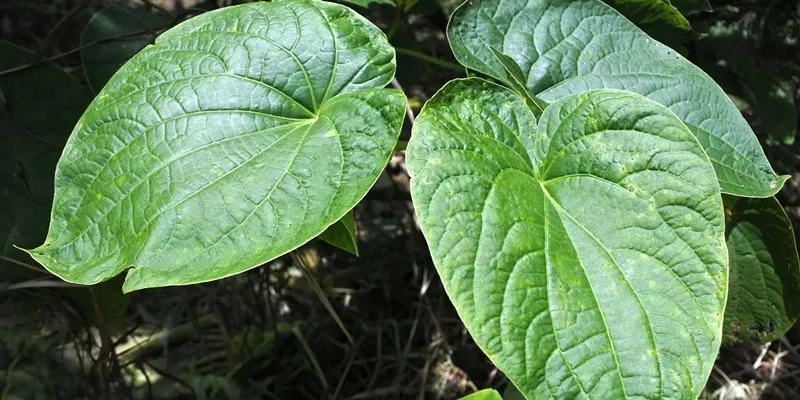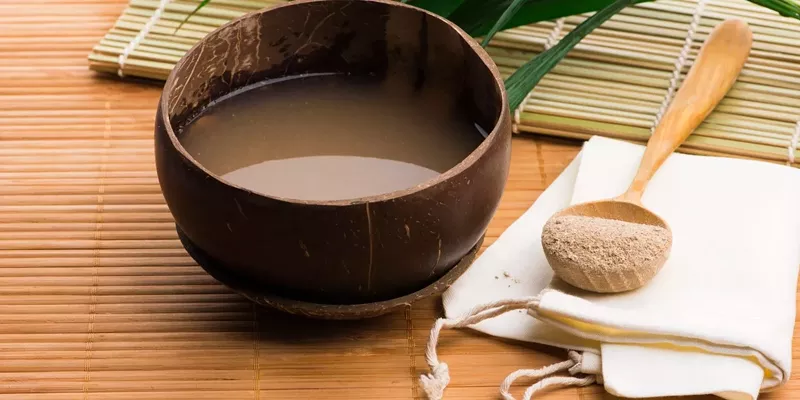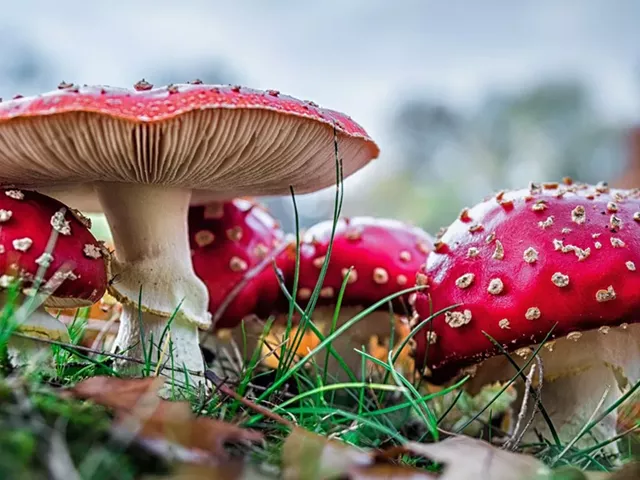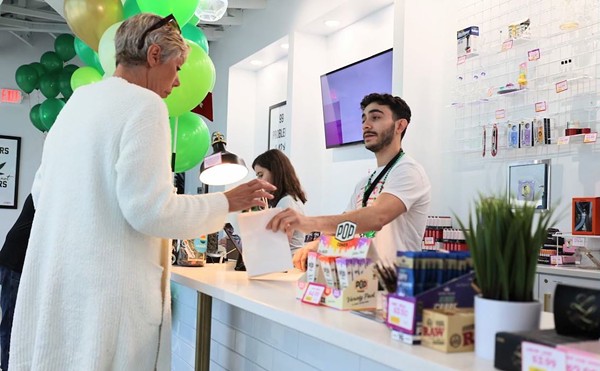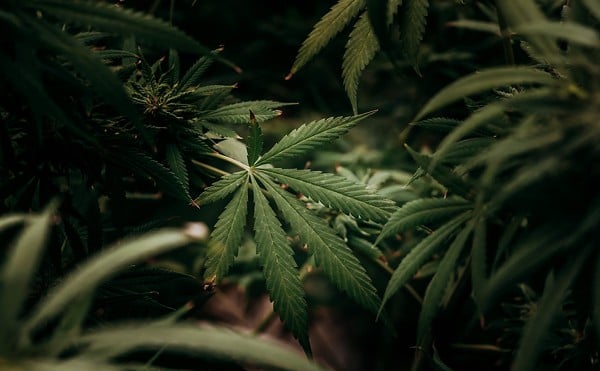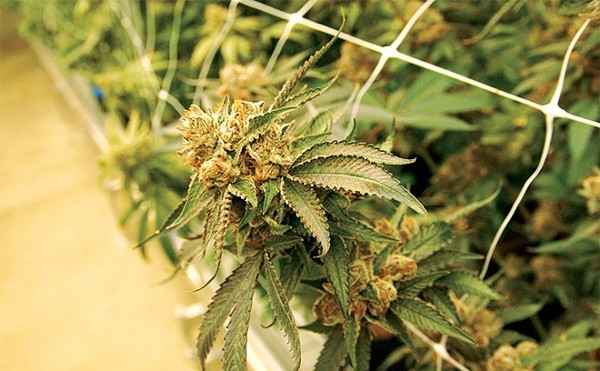Anxiety is on the rise in the U.S., with 43% of adults feeling more anxious in 2024 than the year before, an increase from 37% in 2023 and 32% in 2022.
The yearly mental health poll conducted by the American Psychiatric Association also highlighted that the majority of participants reported stress as the number one underlying cause.
With all the angst in the air, countless people are seeking more natural forms of relief, like CBD, THC, and other cannabinoids, as well as calming substances that occur naturally, like 5-HTP.
On this collective quest for a calmer inner life— sans Big Pharma—a new plant is making the rounds globally for its palpable anti-anxiety effects.
Kava, also known as kava kava, comes from the Piper methysticum plant, which is indigenous to Southeast Asia. Pacific Island cultures have used kava root as a plant medicine for centuries, usually in the form of a sedative beverage known by the same name. To make a traditional kava beverage, the roots are ground into a powder and then mixed with water to form an earthy elixir.
Indigenous cultures in Fiji and the surrounding areas historically used kava to relax and alleviate stress without mental impairment, as a sacramental beverage in ritualistic settings, and as a buzz-giving fixture in social situations.
Kava is scientifically sound when it comes to its natural benefits for anxiety, as there’s a wealth of studies to support its therapeutic properties. The Piper methysticum plant contains powerful phytochemicals called kavalactones that act on GABA receptors, which explains their calming and sedating effects.
Like various well-studied hemp cannabinoids, kavalactones are natural anti-inflammatories that have been shown to reduce anxiety and stress, offer neuroprotective properties, and even help in the fight against cancer.
With all this good press and a wealth of scientific support, it’s no wonder that kava is booming in the U.S. and Europe as a popular anti-anxiety supplement. It is widely available at health food stores in the US and Europe and from online merchants that may ship to locations where it’s legal.
But kava’s status as a trending recreational beverage is what’s causing most of the controversy around this ancient plant medicine.
Kava bars have popped up all over the U.S. in the past eight years or so, from Brooklyn to Austin, Ohio, and everywhere in between, selling what Food and Wine aptly calls a ‘booze-free buzz’.
Recovering addicts, particularly alcoholics, often seek out kava as a natural, safe way to relax the nervous system without using drugs or alcohol, heading out to local kava bars for socialization and respite.
However, not all recovering addicts think kava is such a great idea. In fact, most recovery programs in the U.S. specifically warn against using kava as a proverbial back door to addiction. Here’s what a person currently in recovery says on the matter:
“Based on all the information I looked at, [kava] seems safe for normal people to use in moderation. However, it is considered an intoxicating substance and it doesn’t really matter if it’s addicting or not. It’s an addict’s reaction to any given substance that matters. Anything that changes our brain chemistry is trouble.” (from Genesis Recovery)
Although there’s currently no evidence to suggest kava has physically addicting properties, this potentially slippery slope for addicts has been mired in legal controversy as well, specifically for kava bars.
In recent years, crackdowns on kava bars have ruffled the feathers of small, local businesses in New York City, Virginia, North Dakota, and in various cities across Europe.
Although kava is federally legal in the U.S. to enjoy as a dietary supplement, enjoying it in a vibey kava bar may or may not be in the cards, depending on the local Health Department’s views on the matter.

